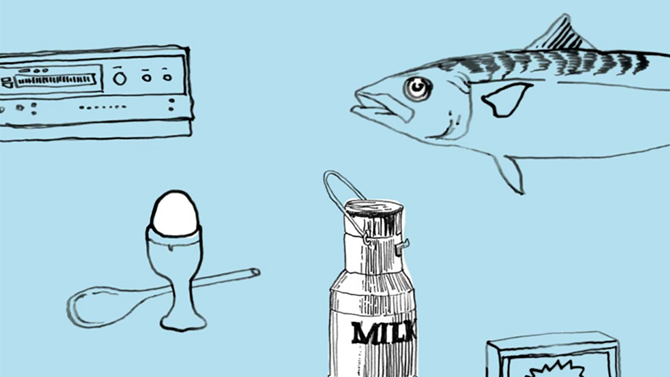Novel strategies for food risk communication

- Project start date: 1 January 2003
- Project status: Completed
- Project type: Food safety
- Discipline: Microbiology and food hygiene
- Author/s: Dr Mary McCarthy, University College Cork
- Collaborator/s: Dr Mary Brennan, Newcastle
Research objective
The principal aim of this project was to develop new strategies for food risk communication by conducting an in-depth analysis of consumer understanding of scientific messages related to a variety of food risk issues, examining the potential barriers to effective risk communication and assessing differences in understanding within and between the various demographic groups in our society.
This project aimed specifically to target social need in terms of addressing the needs of vulnerable groups such as low-income sectors of the population.
Outputs
Research report
- Title: Novel Strategies for Food Risk Communication
- Date: 6 February 2005
- Summary: The research, conducted by a team led by Dr. Mary McCarthy, UCC, and funded by safefood, provides evidence that while many consumers know the 'good' practices in food hygiene, everyday practice varies considerably.
- Findings:
This Safefood review, conducted on an all-island of Ireland basis, provides valuable insights into the perception of food safety risk from consumers on the island of Ireland and the food safety expert viewpoint. It explores the barriers to communicating with consumers on the island of Ireland about food safety risk. It also studies the barriers to promoting and practising good food hygiene - subgroups within the population are identified as being at ‘high risk’ because of inadequate levels of knowledge or more frequently resulting from not believing that the investment of time and effort in good food safety practice is worthwhile.
- Recommendations:
This report is relevant to all stakeholders in communications about food safety, from the consumer, educationalists, health promoters and professionals involved in clinical practice to
media, marketing experts and agencies charged with providing consumer information on food safety.Recommendations are proposed that involve a collaborative approach with the media and education sectors. The need to target food safety messages at specific audiences using particular media and employing appropriate styles is outlined. Novel communication strategies are developed and aimed at enhancing the food safety communication process on the island of Ireland.
Other outputs
McCarthy, M & Brennan, M. (2009), Food risk communication: Some of the problems and issues faced by communicators on the Island of Ireland (IOI), Food Policy (34), 549-556. (2008). Speciality food orientation of food related lifestyle (FRL) segments in Great Britain. Food Quality and Preference, 19 (5), 498-510.
McCarthy, M., Brennan, M., DeBoer, M. & Ritson, C. (2008). Media risk communication - what was said by whom and how was it interpreted. Journal of Risk Research 11(3), 375-394.
Brennan M, McCarthy M. & Ritson C. (2007). Why do consumers deviate from best microbiological food safety advice? An examination of ‘high risk’ consumers on the island of Ireland. Appetite,49(2), 405-418.
McCarthy, M., Brennan, M., Kelly, A., Ritson, C., DeBoer, M and Thompson, N (2007). Who is at risk and what do they know? Segmenting a population on their food safety knowledge. Journal of Food Quality and Preference 18, 205-217.
McCarthy, M., Brennan, M., Ritson, C. and De Boer, M. (2006). Food hazard characteristics and risk reduction behaviour: the view of consumers on the island of Ireland. British Food Journal, 108(10), 875-891.




